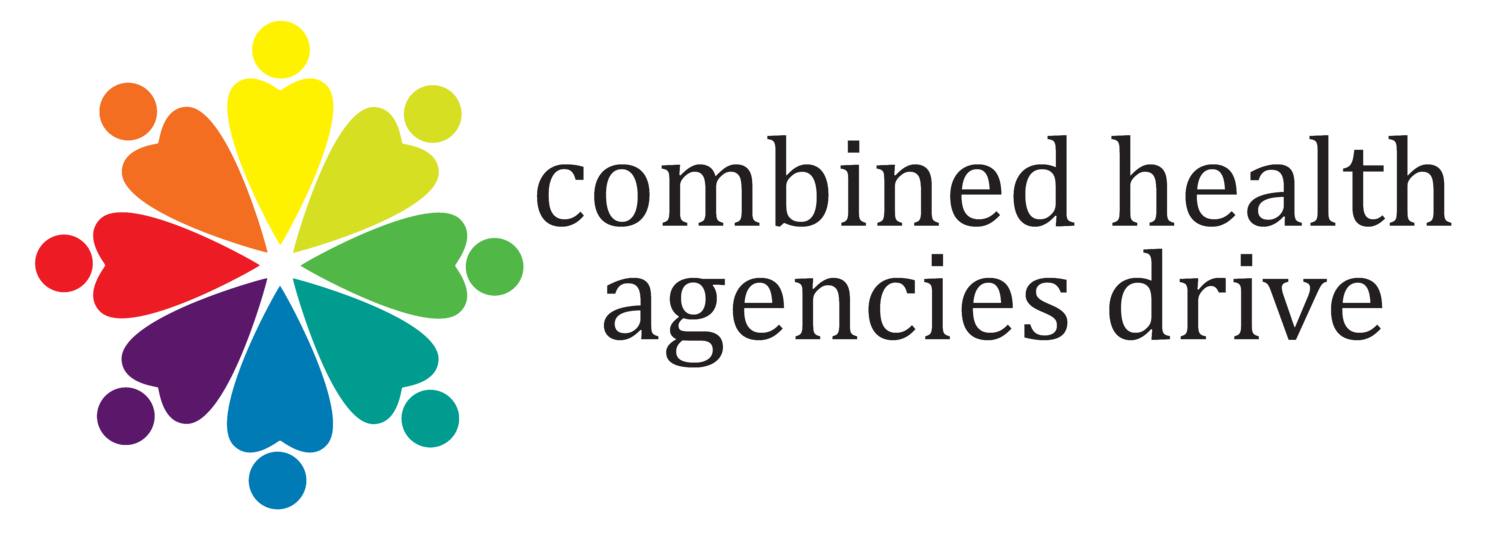Through heightened awareness, early detection through screening, improved treatment methods and increased access to breast health services, people have a greater chance of surviving breast cancer than ever before, according to Susan G. Komen Great Plains. In fact, better detection through screenings and better treatment options have reduced the mortality from breast cancer in the United States 39 percent from 1989 through 2015, said Karen Daneu, Chief Executive Officer, Komen Great Plains.
While there is no sure way to prevent breast cancer, getting screened on a regular basis can help reduce the risk, which is why it is so important to make these screenings a priority. “We encourage women to talk with their healthcare provider about which screening tests are right for them based on their personal risk. Screening allows a woman to find breast cancer early, when there are more treatment options,” said Daneu.
An estimated 24 people are diagnosed with breast cancer every week in Nebraska; four people lose their life to breast cancer every week. Susan G. Komen Great Plains provides grants for health clinics across the state to ensure that people have access to screenings, including at Charles Drew Health Center, OneWorId Community Health Centers, Perkins County Health Services Foundation and West Central District Health Department.
In addition, thanks to the efforts of Susan G. Komen Great Plains, the Harper Family Foundation and many generous donors, there’s a new option for screenings for women in Omaha through Methodist Hospital: a 3D mobile mammography unit. Methodist will work with Charles Drew Health Center and One World Community Health to provide screenings to uninsured and underinsured women.
“We are very fortunate for this new piece of technology that improves access to care, and we are grateful for the partnership with Methodist. Even within Omaha, we know that it’s still difficult for women to get screened for breast cancer. This is due to several factors, but one of those factors is access to care. Being able to walk up to a mobile unit, get a mammogram and go back to work or other activities is huge,” Daneu said. “In the short term, we hope this mobile unit helps women who were previously unable to receive a mammogram and allows busy women to take time out for this important screening.”
Susan G. Komen Great Plains is also looking to increase breast health screenings across the state, increase early detection of breast cancer and reduce late-stage breast cancer diagnosis and deaths due to breast cancer. “Donors help ensure that anyone has access to a potentially life-saving breast health screening, especially for those who are uninsured, underinsured and low-income.”

